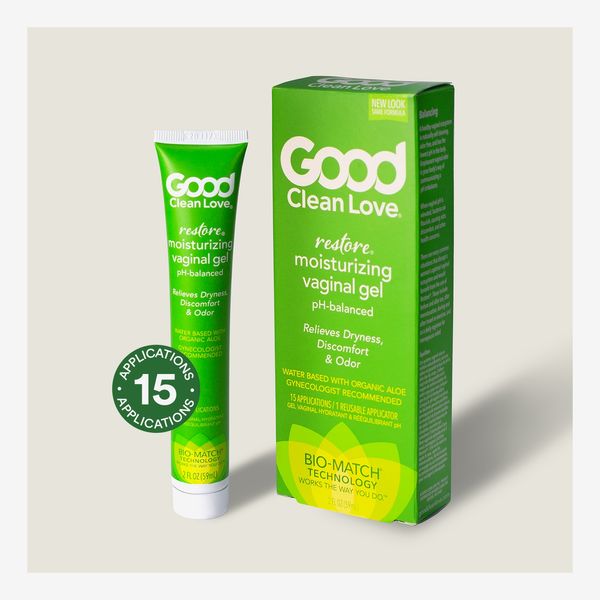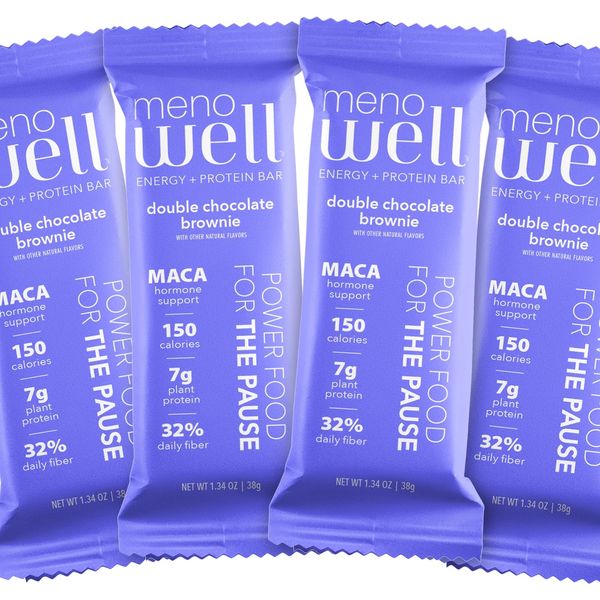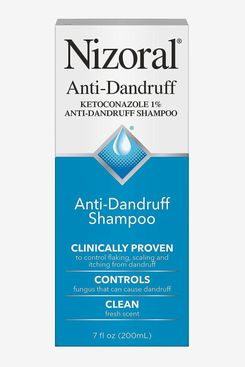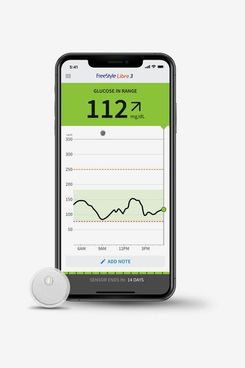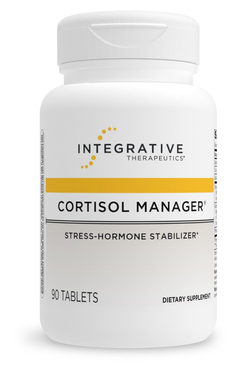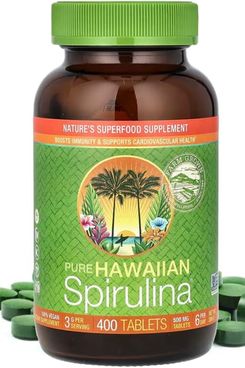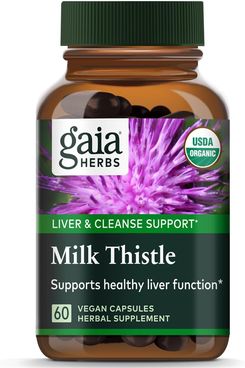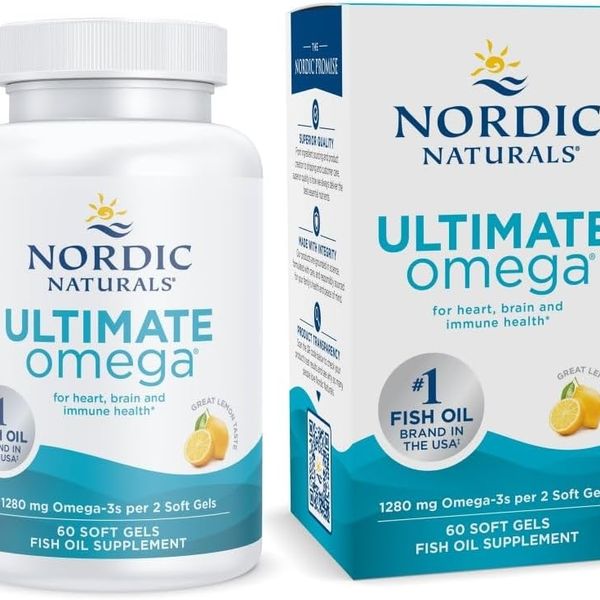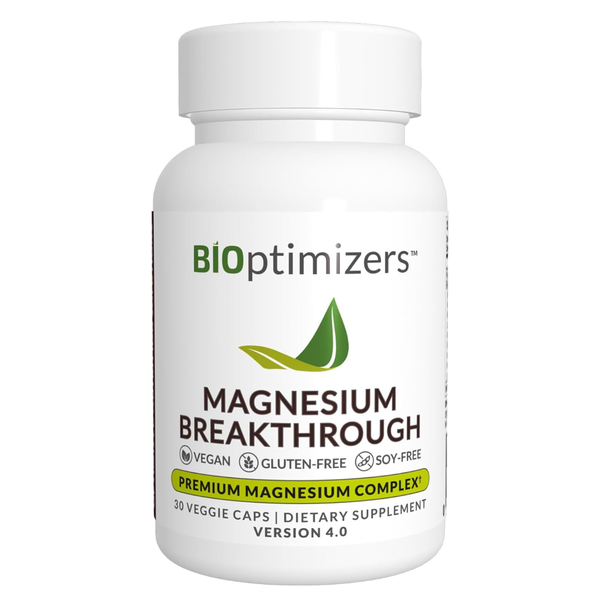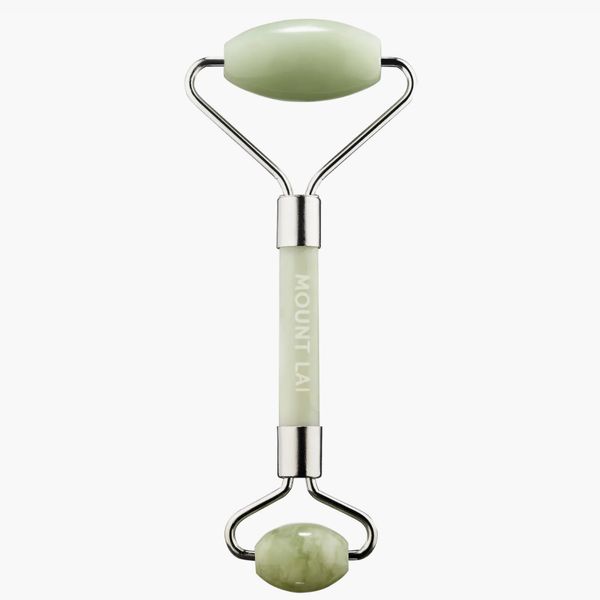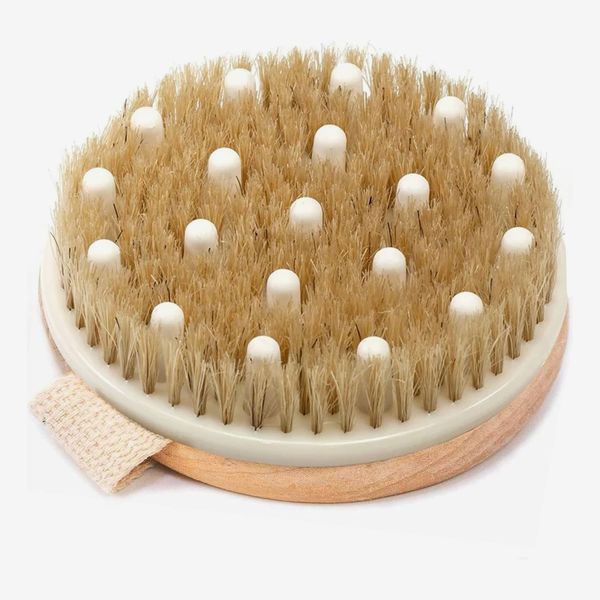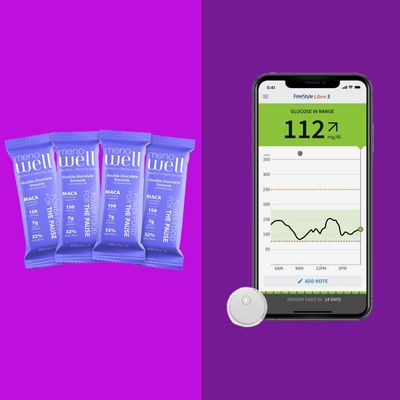
In 2024, 75 million American women were in perimenopause — the phase leading up to the final menstrual cycle — and most experienced at least some symptoms, ranging from irritating (hair loss) to debilitating (stubborn sleep disruptions). These issues can last up to four years before menopause is complete. While hormone therapy is a popular option worth discussing with a health-care provider, there’s a seemingly endless list of other remedies, too. We’ve rounded up 12 recommendations from specialists who’ve helped hundreds of people through the change.
Dr. Kathleen Jordan is the chief medical officer at Midi Health, a national network of providers specializing in menopause care. Her first recommendation is something intangible: “The main product I want women to explore is an informed conversation,” she says. “Not an offhand mention [of menopause] during a visit to a provider about something else.” Jessica Horwitz, chief clinical officer at Tia, a women’s-health provider in New York City and Los Angeles, says the climate for these conversations is improving. “Until a few years ago, there wasn’t much credence given to the perimenopause experience. Black women in particular have their symptoms dismissed significantly more than white women. So find a provider that offers a trauma-informed space.”
Liz Carlson, an acupuncturist at Common Point in Manhattan, offers an herbalist’s perspective. “In traditional Chinese medicine, we observe the root cause of perimenopause and look for patterns of imbalance. We create unique plans for our patients, but there are some universal principles, including minding your blood sugar and decreasing inflammation.”
Anne Brunn, an acupuncturist at the Yinova Center in New York City, provides tailored treatments that focus on nutrition. “We use foods to manage symptoms and to help the hormones find their correct balance, while not putting a Band-Aid on the changes that are actually happening.”
For sleep disruption, especially due to temperature-regulation issues, there are Strategist guides to cooling pillows and sheets, as well as cooling comforters and even devices that can address night sweats. For other concerns, like skin and vaginal dryness, hair loss, and hormonal changes, read on for more recommendations.
“Vaginal creams, moisturizers, and lubricants can become essential for women in midlife — but they are not all the same thing, and you may need a combination,” says Dr. Jordan. “With lessening estrogen levels, most women will begin to experience vaginal dryness which can lead to urinary issues of incontinence, recurrent UTIs, as well as painful sex. Regular use of moisturizers can also help combat dryness. These moisturizers are also pH balanced and avoid discharge and yeast infections.”
“My favorite off-the-shelf option for women in perimenopause and menopause is fiber, which helps combat diabetes, lowers the risk of some cancers, supports GI health, and helps with weight loss,” says Dr. Jordan. Each MenoWell bar covers 25 to 32 percent of your daily fiber needs.
Almost half of women in perimenopause have hair thinning. Anti-dandruff shampoos can help slow hair loss and encourage growth, says Dr. Jordan.
Continuous glucose monitors like the FreeStyle Libre 2 can help you understand your body’s response to exercise, sleep, and diet. “Even using a CGM for one cycle of two weeks, you’ll learn a lot and can use it to make informed interventions moving forward,” says Dr. Jordan.
“Sleep is so important for our health and daily well-being,” says Dr. Jordan, “It’s well worth a woman’s time to work with a clinician to achieve restorative sleep — and it may include trying a supplement such as Cortisol Manager.” This supplement includes ashwagandha and L-theanine to help manage stress and support rest.
This well-known supplement is worth a look as hormones change. “One thing we see consistently in perimenopause is a need to stabilize blood sugar,” says Carlson. “Spirulina lowers blood-sugar levels, while the chlorophyll helps boost the body’s ability to absorb fluids for when you’re feeling dry.”
Though it’s a less well-known issue, liver function can also suffer during perimenopause. “Milk thistle is an herb that not only helps to flush the liver but also helps to heal and repair this precious organ,” says Carlson.
“Decreasing inflammation overall aids in almost every process in the body,” says Carlson. “Omega-3 fatty acids are called essential for a reason. They help to decrease inflammation and are vital for our brain health as we age.”
You may know that magnesium is recommended for sleep, but Carlson says it’s more broadly useful, too. “Mineral balance is vital for sleep — and almost every process in the body! This formula with glycinate is more easily absorbed.”
Brunn recommends using this roller along the jaw and temples. “It can help reset the nervous system and encourage fluid movement. For those feeling overheated, you can put it in the freezer first.”
If you’re retaining water and feeling sluggish, Brunn recommends staying hydrated, cooking with ginger and cumin, and dry-brushing. “This helps by stimulating the lymphatic system. Use the brush gently, from ankles up the legs, from wrists up the arms, and clockwise on the tummy area.”
The Strategist is designed to surface useful, expert recommendations for things to buy across the vast e-commerce landscape. Every product is independently selected by our team of editors, whom you can read about here. We update links when possible, but note that deals can expire and all prices are subject to change.
